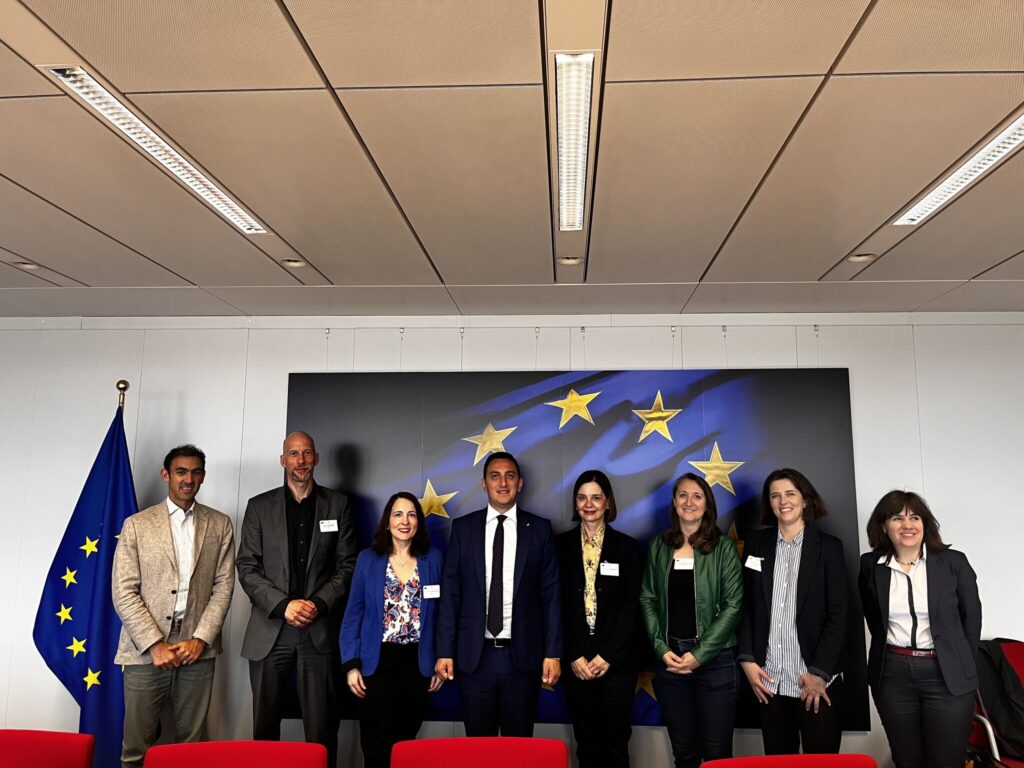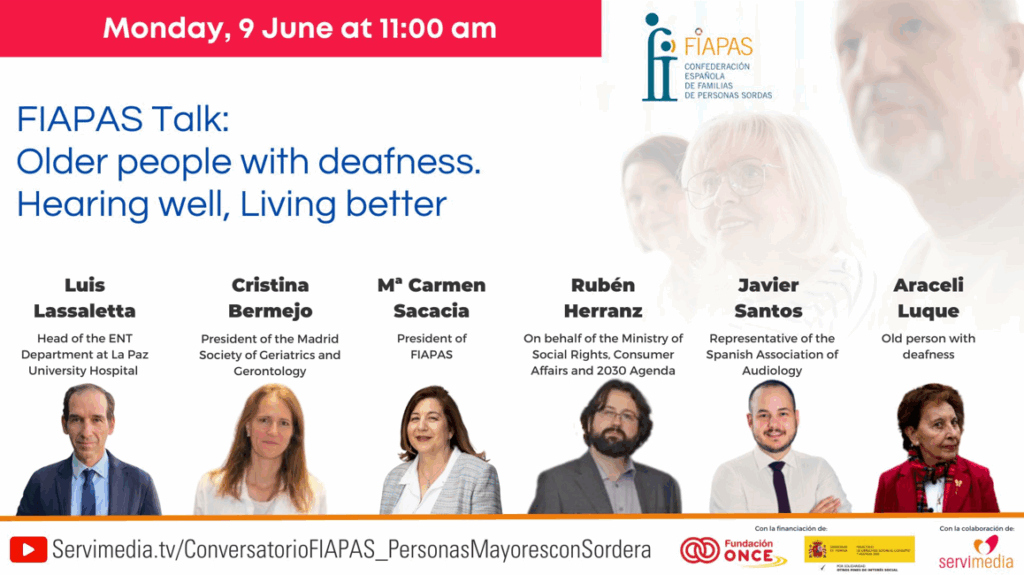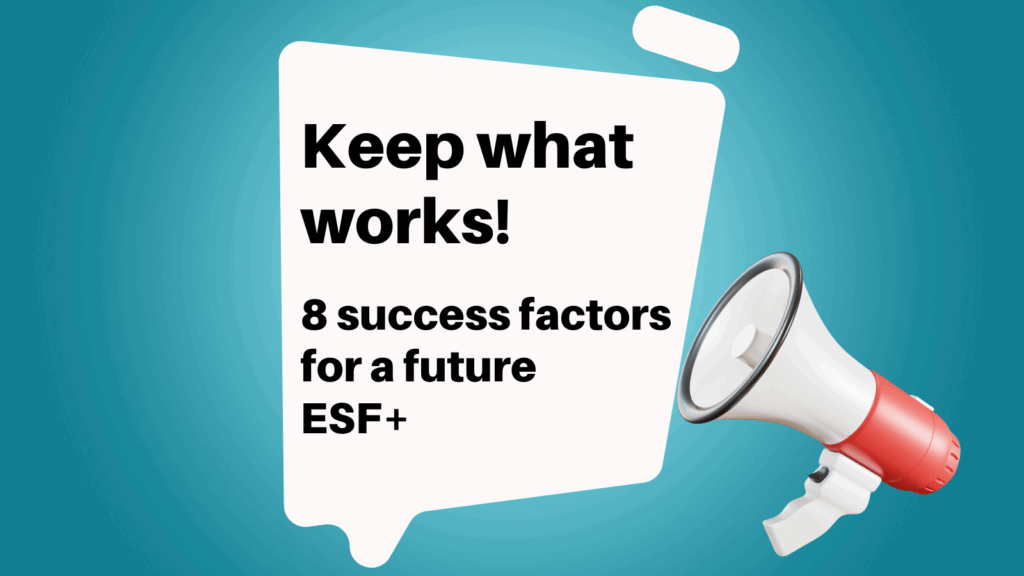On 2 May 2023, the European Commission published a Staff Working Document: “Cohesion 2021-2027: forging an ever-stronger Union – Report on the outcome of 2021-2027 cohesion policy programming.” The report shows how the policy will provide investments worth a total of €545 billion, of which, €378 billion is funded by the EU. These funds aim to foster lasting socio-economic convergence, territorial cohesion, a social and inclusive Europe, a smooth and fair green and digital transition to ensure that no one is left behind.
The EU Cohesion Policy contributes to strengthening economic, social and territorial cohesion in the European Union. It aims to correct imbalances between countries and regions. It delivers on the Union’s political priorities, especially the green and digital transition. Among its key policy priorities, cohesion policy will strive to leave no one behind, in line with the European Pillar of Social Rights, using a wide range of EU funds including the European Social Fund + (ESF+) and the European Regional Development Fund (ERDF).
The Policy aims to support at least 6.5 million unemployed people and investment in professional skills and lifelong learning, as underlined by the European Year of Skills. This will contribute to reaching the 2030 EU target of at least 60% of all adults participating in training every year. Cohesion funding is also expected to improve the integration and inclusion of more than 3 million people, including 600,000 people in marginalised groups such as Roma. 1.7 million pupils in primary and secondary education will be supported and almost 3.5 million people are expected to study in new or modernised education facilities. Health and long-term care, including infrastructure and equipment, will benefit from important improvements, while 60 million patients are expected to receive medical advice or treatment in new or modernised healthcare facilities.
The Annex to the Staff Working Document contains country fiches which highlight key areas for investment, including families and children. In Finland, four national themes for the ESF+ have been identified as operations of strategic importance, including ‘Developing services for children, young people and families and promoting well-being towards equality’. In Bulgaria, Croatia and Czechia, investments will be made to boost participation of children in early childhood education and care, while in Ireland this will be complemented by investments in upskilling of workers in childcare. In Germany, investments will targets groups with difficulties entering the labour market and who are therefore faced with an increased risk of poverty (e.g. the long-term unemployed, people with a migration background, people with disabilities, homeless people, single parents, low-skilled workers) and combating child poverty (5.9% of the ESF+ budget) in-line with the Child Guarantee. In Greece, approximately 200 000 vulnerable children and students will be supported, of which more than 8000 from integrated measures under the Child Guarantee initiative. In Cyprus, investments will be made in home care services. In Luxembourg, investments will be dedicated to actions that support inclusive education in the context of the European Child Guarantee. In Austria there is an ESF+ programme to fight material deprivation with a total budget of EUR 17 million(incl. TA), representing 4.1% of the total ESF+ budget – this will finance the purchase of school articles at the begin of every school year for schoolchildren whose parents receive social aid support.
They can buy school goods by means of vouchers in the dedicated selling points. Austria committed to
complementing the ESF+ amount per voucher by national budget to make available an appropriate
budget for every child. In Slovenia, investments will be made in modernising social, child and family care systems to enhance services regarding deinstitutionalisation and digitalisation. Activities focused on long term care and health challenges will be supported, including some innovative services. Community living will be supported by investments in social and community services and infrastructure, recruitment of new staff and training and modern educational programmes.





